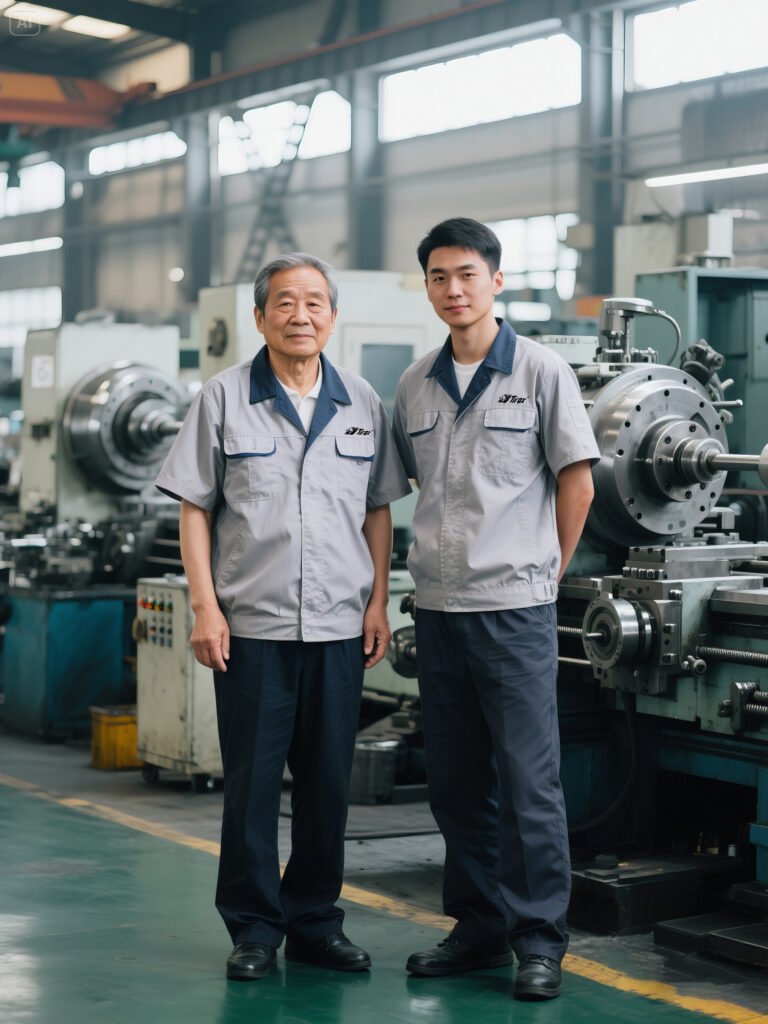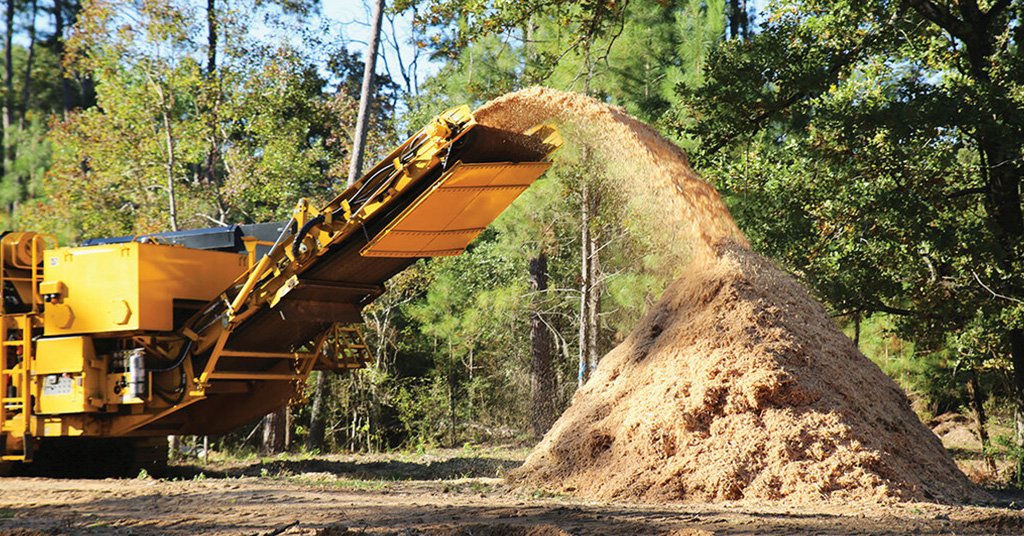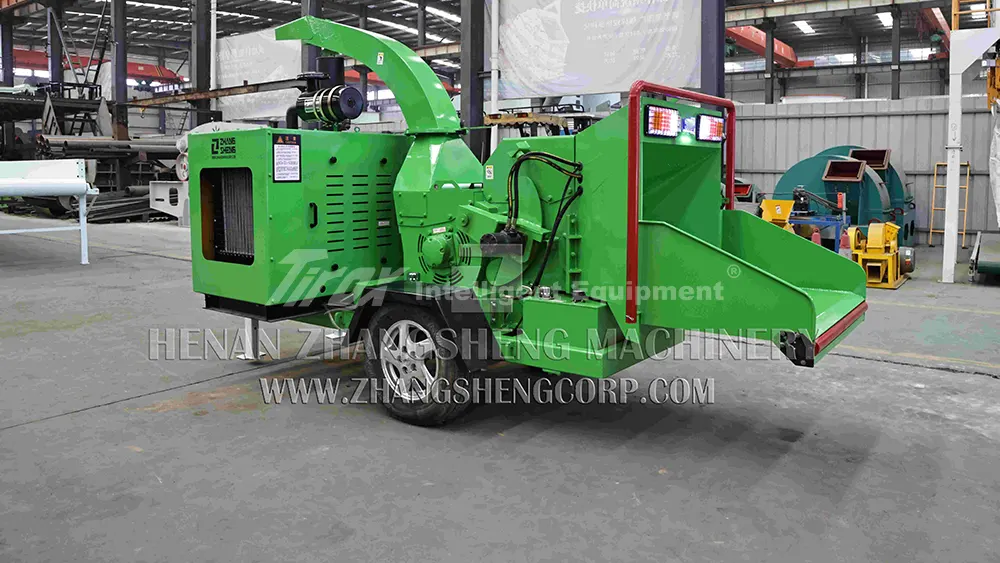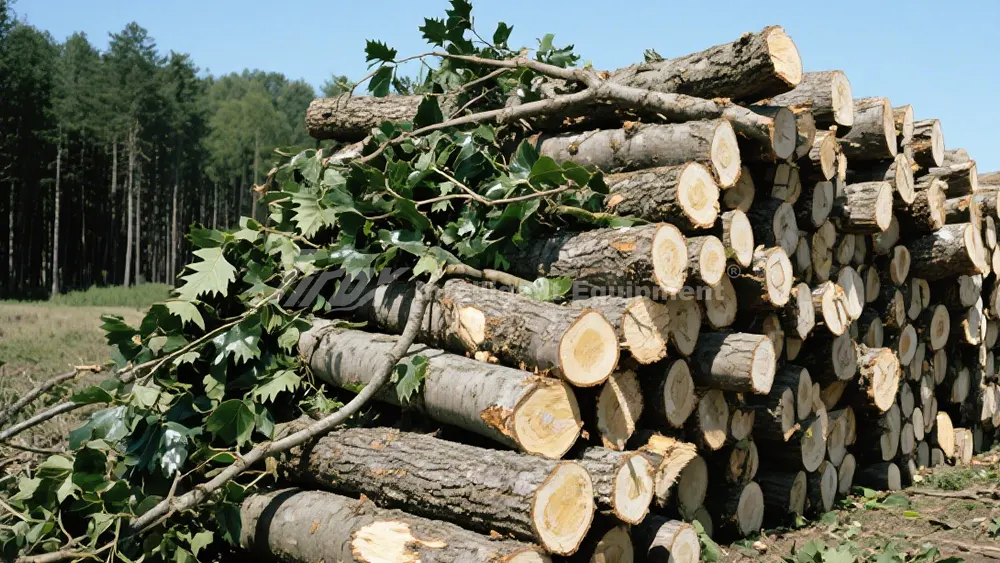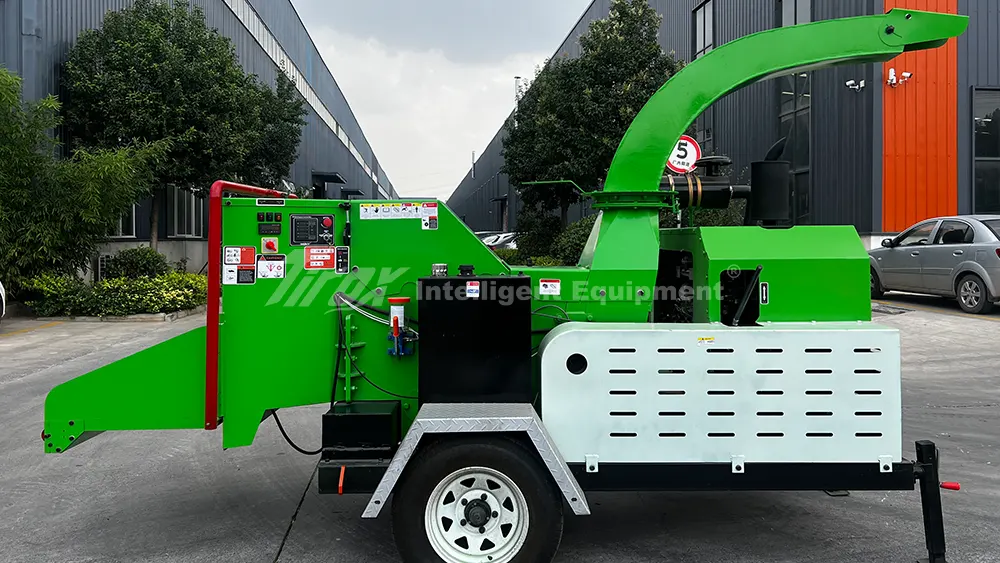As global sustainability goals advance, more industries are looking for eco-friendly production methods. Wood recycling, a crucial way to reduce waste and preserve forest resources, is becoming a key trend in the wood processing industry. However, many businesses still face the challenge of efficiently handling large volumes of wood waste while meeting environmental standards. Advanced wood chippers and horizontal grinders offer an effective solution, improving recycling efficiency while helping companies meet their green initiatives.
The Real Need for Wood Recycling
Wood processing, construction demolition, and landscaping projects generate significant amounts of wood waste. If left unprocessed, this waste takes up space and poses environmental risks. In the past, many companies relied on landfilling or burning wood waste, which is neither economical nor environmentally friendly. With increasing environmental regulations, companies now seek more efficient wood recycling solutions.
For example, in landscaping projects, trimmed branches and dead trees need to be processed quickly. If not handled properly or on time, they can lead to environmental issues or delay project progress. In the construction industry, old building materials, including wood, must be recycled instead of being sent directly to landfills.
The Key Role of Advanced Wood Chippers and Horizontal Grinders
Wood chippers and horizontal grinders are the core machines for efficient wood waste recycling. These machines effectively break down branches, old furniture, and wood waste into wood chips, which can be used to produce biomass fuel or composite materials. Advanced machines offer high crushing efficiency, processing materials faster and automatically adjusting crushing modes based on the type of wood, greatly improving the recycling process.
For instance, Tirox’s 1585 wood chipper is designed to handle large-diameter wood and is suitable for various wood processing and waste treatment scenarios. One landscaping company used this machine to turn trimmed branches into biomass fuel, saving on transportation and disposal costs while supplying renewable energy for local heating systems.
How Smart Feeding Systems Boost Efficiency
Traditional wood processing equipment often faces challenges when handling large-diameter wood or irregular waste, such as blockages or reduced efficiency. To address this, advanced wood chippers are equipped with smart feeding systems that adjust feed speed based on wood diameter, hardness, and crushing load. This prevents blockages and optimizes work efficiency.
For example, a wood processing plant previously experienced production delays due to equipment jams when handling large logs. However, with Tirox’s smart feeding system, the chipper automatically adjusts the feed speed based on the workload, ensuring continuous and efficient operation without the risk of blockages. This technology not only boosts productivity but also reduces the need for manual intervention.
Low Energy Consumption and Environmentally Friendly Operation
While ensuring efficient wood recycling, reducing energy consumption is also a key concern for businesses. Advanced wood chippers and horizontal grinders are designed with energy efficiency in mind, using high-efficiency motors and fuel-saving diesel engines to lower energy use.
Additionally, these machines are designed to meet environmental standards, incorporating smart control systems that minimize dust and noise pollution during operation. A project manager from a construction company reported that after switching to environmentally friendly wood processing equipment, the noise and dust levels on-site dropped significantly, leading to fewer complaints from nearby residents.
Supporting Green Initiatives: The Environmental Benefits of Wood Recycling
Through the efficient operation of wood chippers and horizontal grinders, businesses not only lower processing costs but also contribute to green initiatives. Converting wood waste into biomass fuel or composite materials reduces reliance on natural resources and avoids the environmental damage caused by landfilling or burning. This sustainable approach to wood recycling helps companies achieve carbon neutrality goals while enhancing their social responsibility image.
Conclusion
In the face of increasing global sustainability demands and stricter environmental regulations, businesses need more efficient and eco-friendly wood recycling solutions. Advanced wood chippers and horizontal grinders not only improve wood processing efficiency and reduce waste but also help businesses lower energy consumption and carbon emissions. By choosing advanced equipment, companies can contribute to a greener future while achieving both environmental and economic benefits.
Tirox is committed to providing efficient and eco-friendly wood processing solutions, helping businesses thrive on the path toward sustainable development.

